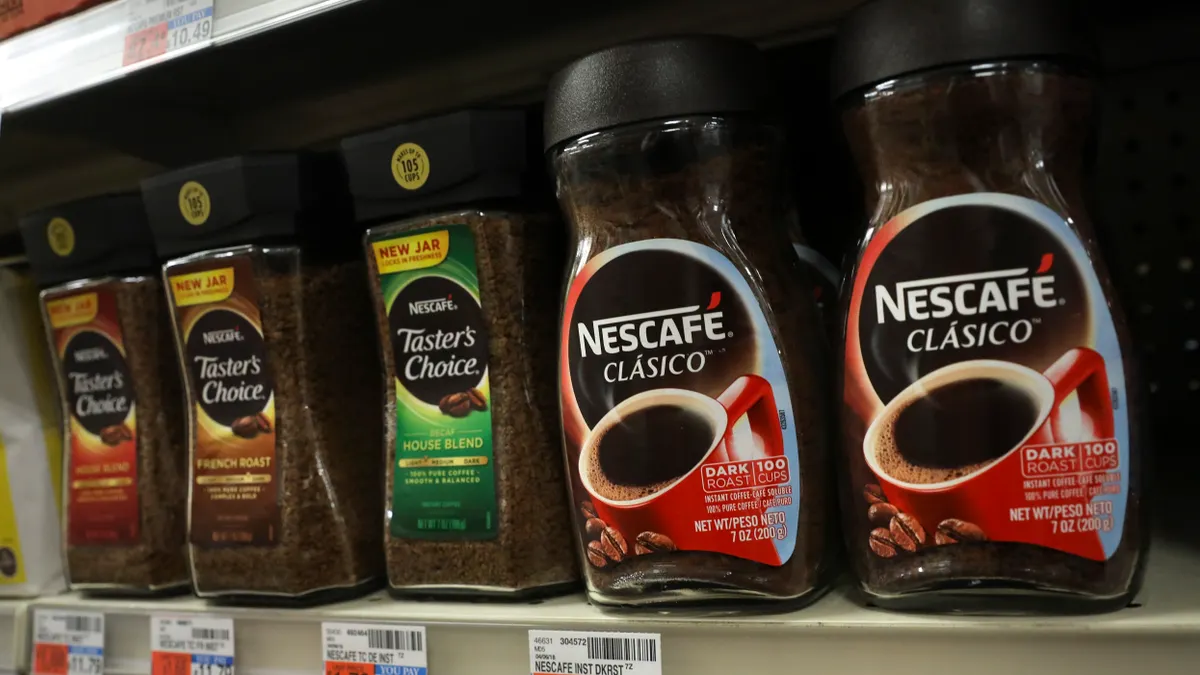Since the beginning of the General Motors strike, an estimated 75,000 employees at auto parts suppliers have either been temporarily laid off or had their wages reduced, according to an analysis by the Anderson Economic Group.
Another estimate from the Original Equipment Suppliers Association (OESA) said about 100 suppliers have begun enacting temporary layoffs as a result of the strike. As of Oct. 8, it placed the layoff number at 12,000.
The supply chain in the automotive industry moves quickly. Suppliers receive capacity plans from GM months in advance. But individual item planning — what seat to provide, what tires to ship, what engine to build — happen in a matter of days, according to David Closs, the McConnell chair emeritus of business administration at Michigan State University's Supply Chain Management Department.
That means when GM's factory line shuts down, the suppliers follow.
"It's not like I could build up a supply of seats, because I have no idea what they're going to start running when they come back," Closs said in an interview with Supply Chain Dive.
Brian Peterson Anderson Economic Group’s director of public policy and economic analysis, said the group started to see suppliers affected days after the initial United Automobile Workers (UAW) strike began.
"After a couple of days when it became evident that the strike would carry on for several days, we saw suppliers start to change their orders and change their inventory and to start laying off workers ... so it started cascading," Peterson said. The effects have only worsened for suppliers as the strike extended into its second, third and fourth weeks, he said.
Impacts vary depending on the supplier
The impact will vary from supplier to supplier, but multiple analysts pointed to American Axle and Manufacturing as one company that could be hit especially hard, as 41% of its sales rely on GM, according to a research note from Goldman Sachs. The plants at American Axle and Manufacturing are not shut down but are operating at a lower than normal level, the note said. American Axle and Manufacturing did not respond to multiple requests for comment.
Suppliers that rely on business from outside of GM might not have seen as much impact so far.
DENSO, an auto parts supplier, does not intend to lay off employees thanks in part to "a robust and diverse customer portfolio," Andrew Rickerman, the senior regional public relations specialist at DENSO, told Supply Chain Dive in an email last week. "As of this week, DENSO continues to produce products based on its customer release schedules, including GM's," he said.
A spokesperson from Continental, a supplier that manufactures tires and other auto parts, told Supply Chain Dive it has not laid off any employees, even though its sales have been impacted (Continental did not specify by how much). This is thanks to the company's flexible manufacturing plants that allow it to shift to producing products for other customers on the same line.
"I think for suppliers, you might be doing business with two or three automotive manufacturers and it's easy to hang on for a few days when it's just 25% of your business or 10% of your businesses down," Peterson said. "But after a few weeks, you really start missing that 10% or 20% of your business, whatever it is, and now you're into the fourth week where you forgone all of those orders."
Turning the supply chain back on
Figuring out demand will be one of the hardest parts of getting GM's supply chain is back up and running. What was coming down the line when it was shut down might not be what's needed now. This will require communicating with dealerships to determine what inventory looks like in these locations, Closs said.
Dealerships have continued to sell GM vehicles thanks to larger inventories that were created in anticipation of the strike, according to CNN.
"Following the conclusion of the strike, management noted it would not take long to return to resume normal operation, but there would likely be inefficiencies on the ramp," Goldman Sachs wrote in its note in a section on American Axle and Manufacturing.
"Even if there was an agreement reached right now, we think it'd probably take at least another two or three days for production to begin," Peterson said.
The majority of the effects from the strike are being felt in Michigan. Michigan Gov. Gretchen Whitmer has voiced support for the striking workers, but has also shown concern for the state's economy, according to the Associated Press. But the longer the strike continues, the more suppliers will be affected in Indiana, Ohio and even in Canada, Peterson said.
The strike, which began on Sept. 16, is now entering its fifth week. GM has asked the union to engage in "around-the-clock" discussions to end the deadlock. The union has also agreed to increase the strike benefits from $250 per week to $275, which is still much lower than the typical salary for these workers who earn an average of $30 per hour, according to CNN.
"In a sense, it's a real battle because neither side will get everything that they want," Closs said.






















